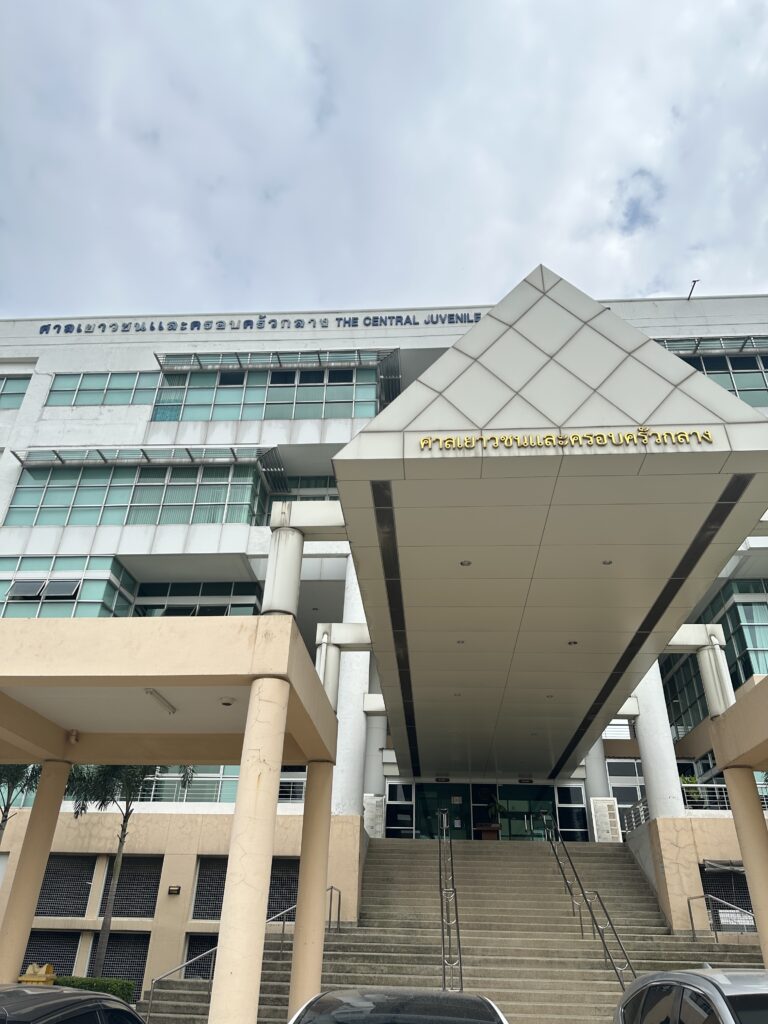Introduction
Contested Divorce
Not every marriage ends with a simple agreement. Sometimes, one spouse disagrees with the divorce itself or the couple cannot reach common ground on important matters such as assets, debts, or custody of children. In such situations, a divorce cannot be registered at the local District Office. Instead, it must go through the Thai court system.
This is called a Contested Divorce.
Unlike a mutual divorce, which can be finalized in a matter of days, a contested divorce is a formal court proceeding. It can take months or even longer depending on the complexity of the issues involved. Each side presents evidence and witnesses, and the judge will make a final ruling on:
- Whether the grounds for divorce are legally valid
- How property and debts are divided
- Who will have custody of the children
- Whether alimony or child support is granted
While a contested divorce may sound overwhelming, having the right legal strategy and representation can make the process smoother and protect your best interests. Our role is to stand by your side, explain every step clearly, and fight for the outcome you deserve.










